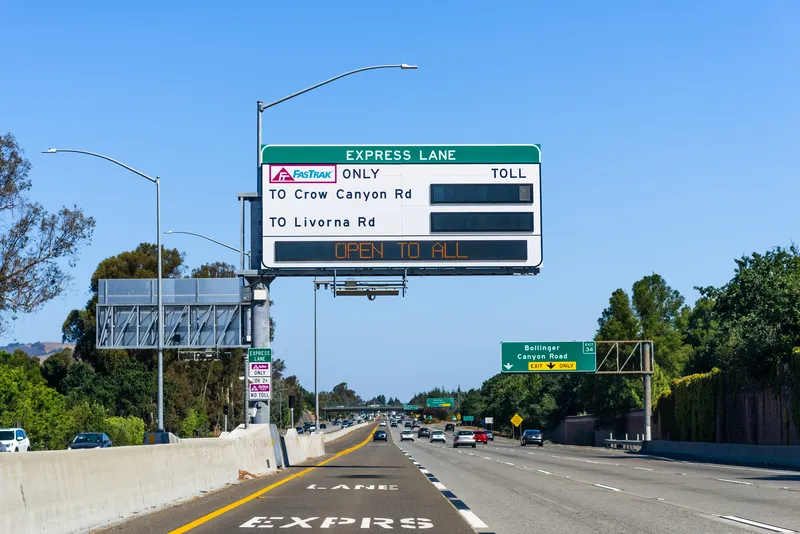The Houston-Galveston Area Council (H-GAC) has teamed up with the Center for Transportation and the Environment (CTE) and Smith Electric Vehicles Corporation to reduce vehicle emissions from delivery trucks in the region. As part of a US Department of Energy (DOE) sponsored effort, local fleets will replace existing diesel delivery vehicles with thirty all-electric medium and heavy-duty Smith Newton trucks for daily operations in the Houston-Galveston area.
September 2, 2013
Read time: 2 mins
The Houston-Galveston Area Council (H-GAC) has teamed up with the Center for Transportation and the Environment (CTE) and 3822 Smith Electric Vehicles Corporation to reduce vehicle emissions from delivery trucks in the region. As part of a US Department of Energy (DOE) sponsored effort, local fleets will replace existing diesel delivery vehicles with thirty all-electric medium and heavy-duty Smith Newton trucks for daily operations in the Houston-Galveston area.
The project is designed to demonstrate the effectiveness of all-electric delivery vehicles to perform at the same level of operation as similarly-sized diesel delivery vehicles while significantly reducing emissions and petroleum use. By deploying emission trucks for this program, H-GAC expects to reduce petroleum consumption by over 250,000 gallons of diesel fuel over the two-year demonstration period. The project will have additional impact with an expected reduction in GHG emissions by 37.5 million tons of carbon equivalents per year and an expected reduction in criteria pollutants of over 2,000 tons per year.
The Smith Newton trucks include the company’s proprietary Smith Power, with variable 40-120 kWh battery pack options; Smith Drive, and Smith Link, an onboard system for monitoring the vehicle’s vital statistics. The vehicles that will be deployed under this grant are based on Smith’s latest production model Series 2000, which has been fully deployed in several locations across the country.
Each Smith Newton will be delivered with an electric vehicle charging station (EVSE). Fully recharging the vehicle will take approximately 6 to 10 hours per night, depending on the size of the battery pack and the state of charge when the vehicle returns to the fleet depot.
The H-GAC zero emission truck project will serve as a pioneer for this innovative clean technology by helping fleets deploy all-electric delivery trucks that will improve their fleet operations and benefit the local community. CTE, a non-profit and leader in alternative transportation technology deployments, will manage the project, collect operational data, and report on the project’s impact. The combined efforts of project partners will help further the objective of developing a market for this advanced electric transportation technology.
The project is designed to demonstrate the effectiveness of all-electric delivery vehicles to perform at the same level of operation as similarly-sized diesel delivery vehicles while significantly reducing emissions and petroleum use. By deploying emission trucks for this program, H-GAC expects to reduce petroleum consumption by over 250,000 gallons of diesel fuel over the two-year demonstration period. The project will have additional impact with an expected reduction in GHG emissions by 37.5 million tons of carbon equivalents per year and an expected reduction in criteria pollutants of over 2,000 tons per year.
The Smith Newton trucks include the company’s proprietary Smith Power, with variable 40-120 kWh battery pack options; Smith Drive, and Smith Link, an onboard system for monitoring the vehicle’s vital statistics. The vehicles that will be deployed under this grant are based on Smith’s latest production model Series 2000, which has been fully deployed in several locations across the country.
Each Smith Newton will be delivered with an electric vehicle charging station (EVSE). Fully recharging the vehicle will take approximately 6 to 10 hours per night, depending on the size of the battery pack and the state of charge when the vehicle returns to the fleet depot.
The H-GAC zero emission truck project will serve as a pioneer for this innovative clean technology by helping fleets deploy all-electric delivery trucks that will improve their fleet operations and benefit the local community. CTE, a non-profit and leader in alternative transportation technology deployments, will manage the project, collect operational data, and report on the project’s impact. The combined efforts of project partners will help further the objective of developing a market for this advanced electric transportation technology.







